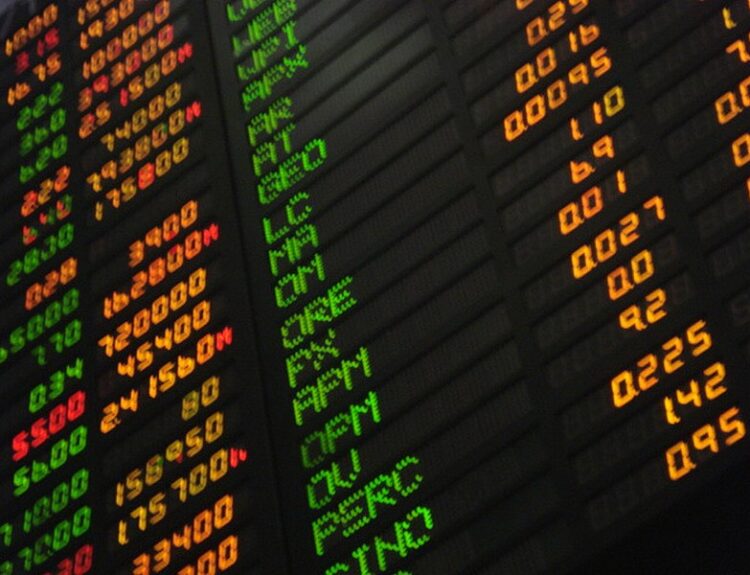State financing and incentives to build a resilient supply chain
- South Korea plans $7 billion push to pivot EV battery industry away from China
- State financing to build up the country’s supply chain
- Financial aid includes cheaper state loans and tax incentives
- Aims to source critical minerals from the U.S. and U.S. free-trade partners
- Supports development of lithium-metal batteries or alternatives to replace graphite
- Meets complex U.S. rules on critical minerals in EV batteries
- Allows Korean EV companies two years to diversify their supply chains
- Biden administration’s Inflation Reduction Act restricts tax benefits for EV batteries with critical minerals from China
South Korea is investing $7 billion to shift its electric-vehicle (EV) battery supply chain away from China and align more with U.S. trade guidelines. The Ministry of Trade, Industry and Energy in Seoul will provide state financing, including cheaper loans and tax incentives, to the local EV-battery industry. This financial aid aims to help local EV-battery makers source critical minerals from the U.S. and U.S. free-trade partners. It also supports the development of lithium-metal batteries or alternatives to replace graphite, a key battery ingredient. The move comes as South Korean EV makers and battery suppliers strive to meet complex U.S. rules that prioritize sourcing critical minerals from outside of China. The Biden administration’s Inflation Reduction Act restricts tax benefits for EV batteries with critical minerals from China. Korean EV companies have been given two years to diversify their supply chains for graphite and other critical battery minerals.
Factuality Level: 8
Factuality Justification: The article provides specific details about South Korea’s plan to support its local EV-battery industry and align with U.S. trade guidelines. It includes information about the amount of state financing, the purpose of the financial aid, and the focus on sourcing critical minerals from the U.S. and its free-trade partners. The article also mentions the U.S. rules regarding tax credits and the implications for manufacturers using materials from China. Overall, the article is focused on factual information related to the topic without significant digressions, bias, or inaccuracies.
Noise Level: 3
Noise Justification: The article provides relevant information about South Korea’s efforts to support its EV-battery industry and align with U.S. trade guidelines. It includes details about the financial aid, the focus on critical minerals, and the implications of U.S. rules on Chinese manufacturers. The article stays on topic, supports its claims with examples, and offers insights into the challenges and opportunities facing South Korean EV makers and battery suppliers.
Financial Relevance: Yes
Financial Markets Impacted: The article mentions that South Korea is dedicating $7 billion in state financing to the local EV-battery industry. This investment aims to build up the country’s supply chain and align with U.S. trade guidelines. The financial aid will help local EV-battery makers source critical minerals from the U.S. and U.S. free-trade partners. It also supports the development of lithium-metal batteries or alternatives to replace graphite, a key battery ingredient.
Presence Of Extreme Event: No
Nature Of Extreme Event: No
Impact Rating Of The Extreme Event: No
Rating Justification: The article focuses on the financial support provided by South Korea to its EV-battery industry. While there is no mention of an extreme event, the investment and efforts to align with U.S. trade guidelines can have implications for the financial markets and companies involved in the EV-battery industry.
Key People: Ahn Duk-geun (Korea’s trade minister)
 www.wsj.com
www.wsj.com 





